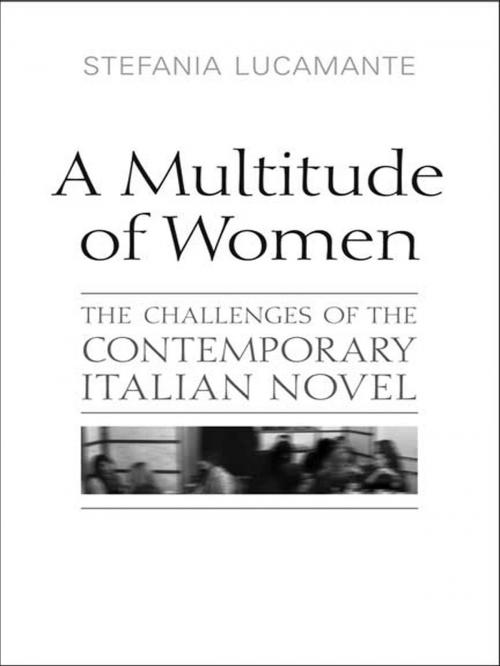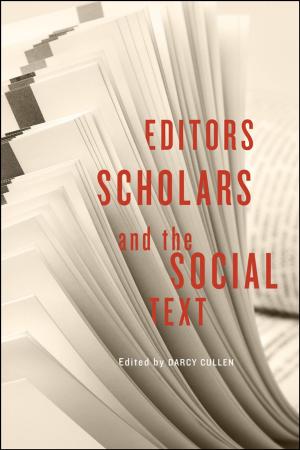A Multitude of Women
The Challenges of the Contemporary Italian Novel
Fiction & Literature, Literary Theory & Criticism, European, Italian| Author: | Stefania Lucamante | ISBN: | 9781442692626 |
| Publisher: | University of Toronto Press, Scholarly Publishing Division | Publication: | September 15, 2008 |
| Imprint: | Language: | English |
| Author: | Stefania Lucamante |
| ISBN: | 9781442692626 |
| Publisher: | University of Toronto Press, Scholarly Publishing Division |
| Publication: | September 15, 2008 |
| Imprint: | |
| Language: | English |
A Multitude of Women looks at the ways in which both Italian literary tradition and external influences have assisted Italian women writers in rethinking the theoretical and aesthetic ties between author, text, and readership in the construction of the novel. Stefania Lucamante discusses the valuable contributions that Italian women writers have made to the contemporary novel and illustrates the relevance of the novelistic examples set by their predecessors. She addresses various discursive communities, reading works by Di Lascia, Ferrante, Vinci, and others with reference to intertextuality and the theories of Elsa Morante and Simone de Beauvoir.
This study identifies a positive deviation from literary and ideological orthodoxy, a deviation that helps give meaning to the Italian novel and to transform the traditional notion of the canon in Italian literature. Lucamante argues that this is partly due to the merits of women writers and their ability to eschew obsolete patterns in narrative while favouring forms that are more attuned to the ever-changing needs of society. She shows that contemporary novels by women authors mirror a shift from previous trends in which the need for female emancipation interfered with the actual literary and aesthetic significance of the novel. A Multitude of Women offers a new epistemology of the novel and will appeal to those interested in women's writing, readership, Italian studies, and literary studies in general.
A Multitude of Women looks at the ways in which both Italian literary tradition and external influences have assisted Italian women writers in rethinking the theoretical and aesthetic ties between author, text, and readership in the construction of the novel. Stefania Lucamante discusses the valuable contributions that Italian women writers have made to the contemporary novel and illustrates the relevance of the novelistic examples set by their predecessors. She addresses various discursive communities, reading works by Di Lascia, Ferrante, Vinci, and others with reference to intertextuality and the theories of Elsa Morante and Simone de Beauvoir.
This study identifies a positive deviation from literary and ideological orthodoxy, a deviation that helps give meaning to the Italian novel and to transform the traditional notion of the canon in Italian literature. Lucamante argues that this is partly due to the merits of women writers and their ability to eschew obsolete patterns in narrative while favouring forms that are more attuned to the ever-changing needs of society. She shows that contemporary novels by women authors mirror a shift from previous trends in which the need for female emancipation interfered with the actual literary and aesthetic significance of the novel. A Multitude of Women offers a new epistemology of the novel and will appeal to those interested in women's writing, readership, Italian studies, and literary studies in general.















